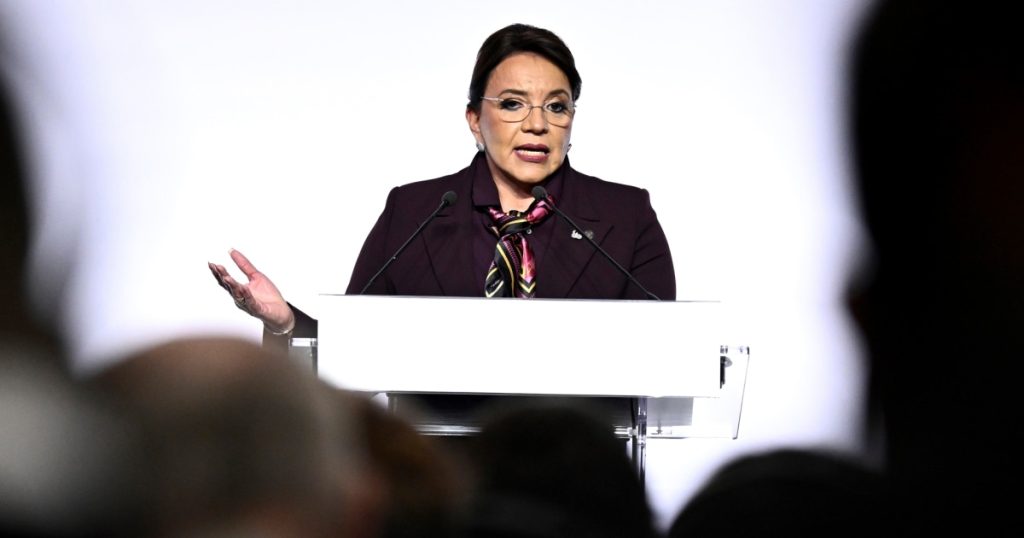Honduras recently announced its decision to terminate a longstanding extradition treaty with the United States following concerns expressed by Washington’s ambassador about a meeting between Honduran and Venezuelan defense officials. The foreign ministry of Honduras shared a letter with the U.S. embassy declaring the government’s decision to end the treaty, with President Xiomara Castro accusing the U.S. of interference in Honduran affairs. U.S. Ambassador to Honduras Laura Dogu had raised concerns about a meeting between Honduran Defense Minister Jose Manuel Zelaya and Venezuelan Defense Minister Vladimir Padrino, who was indicted by the U.S. on drug trafficking charges in 2020.
The Honduran government’s decision to end the extradition treaty with the U.S. was driven by President Castro’s assertion of U.S. interference and interventionism in the country’s political affairs. The leftist leader accused the United States of attempting to direct Honduras’ politics through its embassy and representatives, which she deemed intolerable. The U.S. embassy did not immediately respond to requests for comment on the matter, as tensions escalated between the two countries following the controversial meeting between Honduran and Venezuelan defense officials.
The meeting between Honduran Defense Minister Zelaya and Venezuelan Defense Minister Padrino, along with the country’s head of the military joint chiefs of staff, prompted concerns from U.S. Ambassador Dogu who referred to the Venezuelan official as a “drug trafficker.” Honduran Foreign Minister Enrique Reina defended his country’s officials, describing the accusations as a direct threat to the nation’s independence and sovereignty. Honduras has been a strong ally of Venezuela’s socialist government, leading to friction with the U.S. over issues such as drug trafficking and extradition.
The extradition treaty between Honduras and the U.S. has played a significant role in facilitating the extradition of high-profile Hondurans, including former President Juan Orlando Hernandez and former Police Chief Juan Carlos Bonilla. The termination of this treaty marks a shift in the relationship between the two countries, raising concerns about the implications for future extradition cases and cooperation on issues of mutual interest. The decision to end the extradition treaty reflects the growing tensions between Honduras and the U.S., particularly in light of recent developments involving defense officials from both countries.
As the diplomatic fallout continues between Honduras and the U.S., the decision to terminate the extradition treaty underscores the deepening rift in bilateral relations. President Castro’s government has taken a bold step in signaling its independence from U.S. influence, a move that could have far-reaching consequences for both countries. The repercussions of this decision are likely to be felt on various fronts, including security cooperation, law enforcement efforts, and regional stability. The termination of the extradition treaty represents a significant development in the ongoing dynamics between Honduras and the United States, highlighting the complexities of international diplomacy and the challenges of maintaining productive relationships in a rapidly evolving global landscape.
In conclusion, the decision by Honduras to end its extradition treaty with the United States signals a new chapter in the relationship between the two countries, marked by tensions and disagreements over issues of sovereignty, interference, and political influence. The fallout from the controversial meeting between Honduran and Venezuelan defense officials has further strained relations, leading to a dramatic move by the Honduran government to assert its autonomy. The implications of this decision are likely to reverberate in the region, impacting extradition cases, security cooperation, and broader diplomatic ties. The termination of the extradition treaty underscores the complexities of U.S.-Honduran relations and the challenges of navigating geopolitical alliances in an increasingly polarized world.


